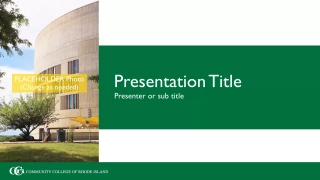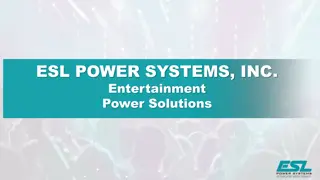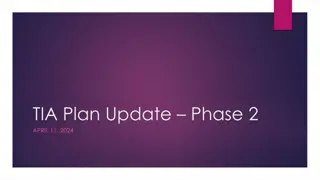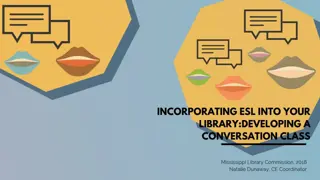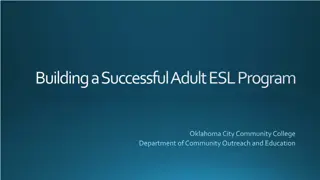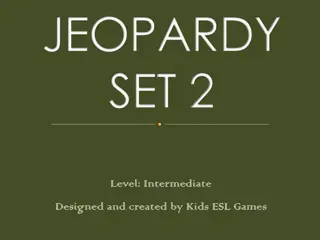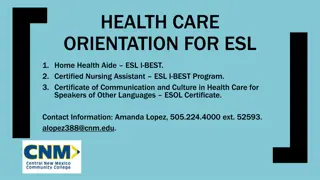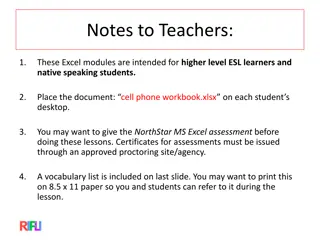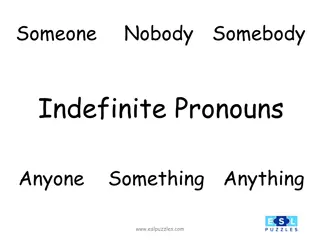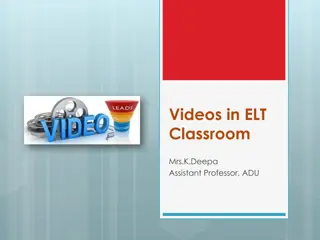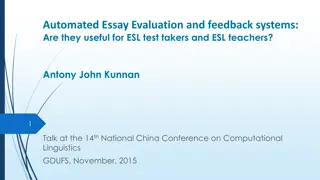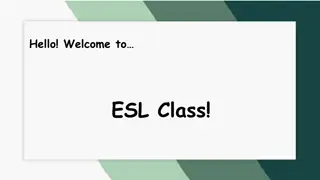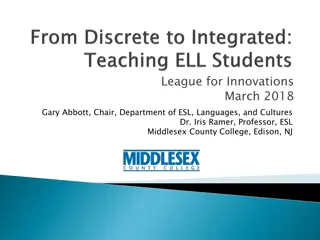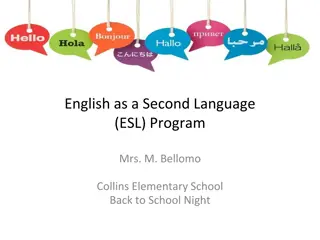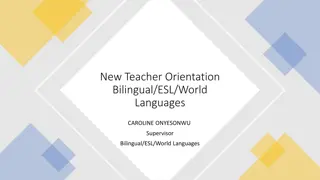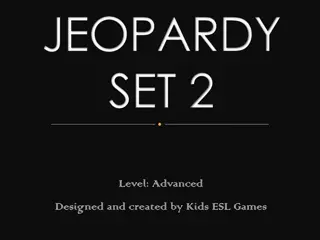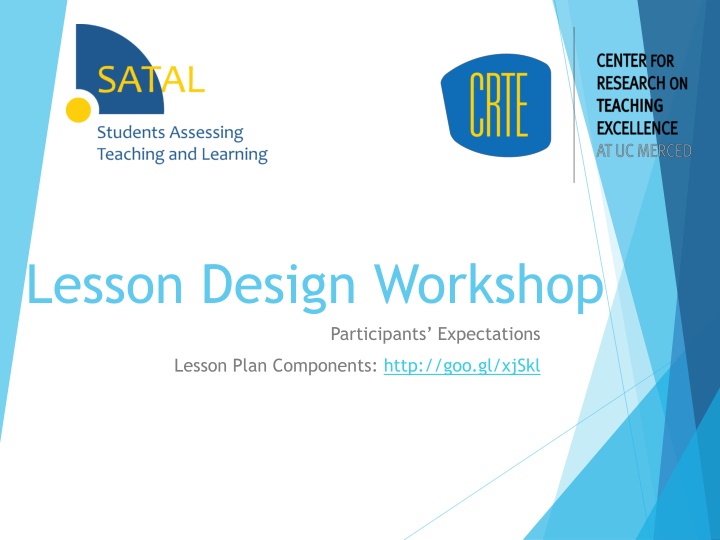
Effective Lesson Design Workshop: Enhancing Learning Outcomes
Explore the intricacies of lesson design in this engaging workshop where participants will master outlining lesson components, differentiating outcomes from objectives, developing active learning activities, and applying quick assessment tools. Dive into Blooms taxonomy, identify learning outcomes, and grasp the essence of active learning through practical activities. Collaborate in group work to craft activities and receive feedback for a comprehensive learning experience.
Download Presentation

Please find below an Image/Link to download the presentation.
The content on the website is provided AS IS for your information and personal use only. It may not be sold, licensed, or shared on other websites without obtaining consent from the author. If you encounter any issues during the download, it is possible that the publisher has removed the file from their server.
You are allowed to download the files provided on this website for personal or commercial use, subject to the condition that they are used lawfully. All files are the property of their respective owners.
The content on the website is provided AS IS for your information and personal use only. It may not be sold, licensed, or shared on other websites without obtaining consent from the author.
E N D
Presentation Transcript
Lesson Design Workshop Participants Expectations Lesson Plan Components: http://goo.gl/xjSkl
Outcomes By the end of this session, participants will be able to: Outline the lesson components Differentiate outcomes from objectives Develop active learning activities Apply quick assessment tools
Blooms taxonomy http://ww2.odu.edu/educ/roverbau/Bloom/blooms_tax onomy.htm
Learning Outcomes Which statement is an outcome? Identify them by a show of hands. 1) Apply the writing process 2) Introduce the writing process
Learning Outcome Which statement is an outcome? 1) provide a foundation in the descriptive chemistry of the element families 2) demonstrate a basic knowledge of the descriptive chemistry of the element families
Active Learning Working definition: Learning is an active search for meaning by the learner- constructive knowledge rather than passively receiving it, shaping as well as being shaped by experiences Join Task Force on Student Learning (1998). Learning Principles and Collaborative Action. Washington DC: American Association for Higher Education.
Active Learning A Brief Literature Review Active learning encourages the support of high-order cognitive skills via talking/ listening, reading, writing, and reflecting (Meyers & Jones, 1993) Students learn best when they are actively involved in the process (Bean 1996; Huba 2000) Students working in small groups tend to learn more of what is taught and retain it longer.(Davis 1993; Bean 1996).
Active Learning Activities Group Work Role Playing Peer Review Mind Mapping Jigsaws Think-Pair-Share
Group Work http://goo.gl/xjSkl Group Work! Collaborate with your group to design activities on your topic of interest. Consider the rubric for lesson criteria. Present your activity to the class. Request feedback form other groups considering the elements listed on the rubric.
Assessment Tools Minute paper Muddiest Point
Thank You Please complete the workshop feedback form. Your feedback will be appreciated

